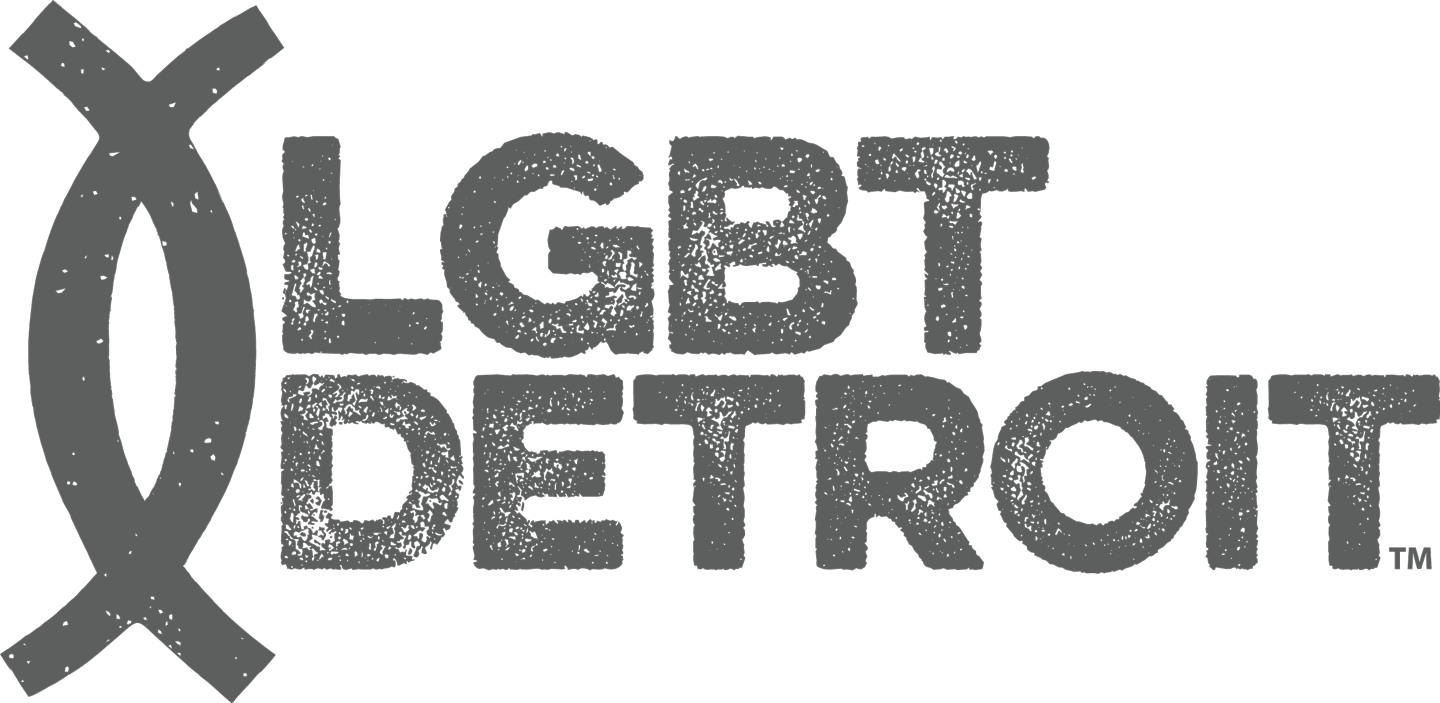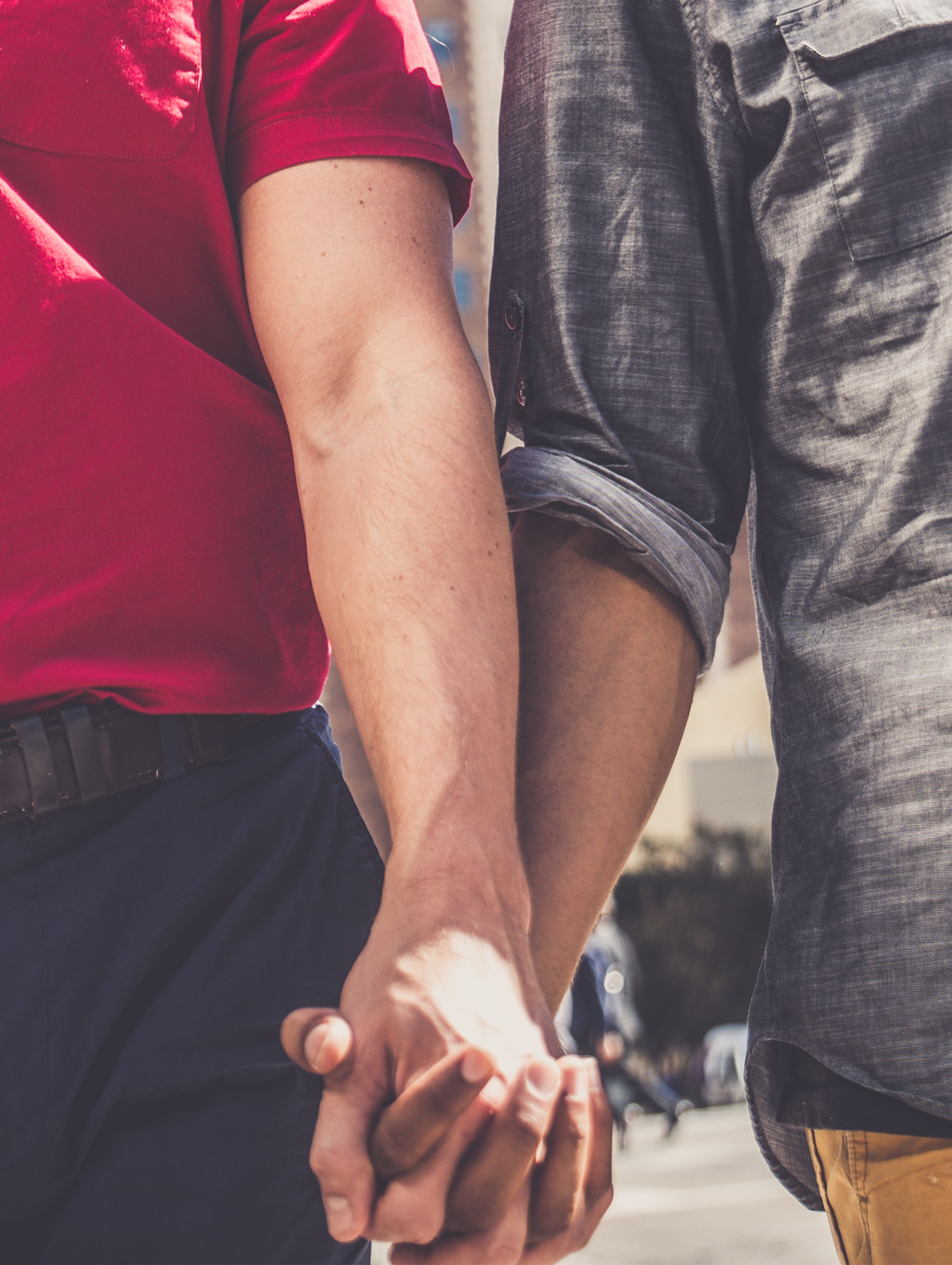Black LGBT+ Group Tours Michigan To Educate About New HIV Law
Detroit-based LGBT+ agency host five-city tour for black gay men to educate about MI HIV law reforms
Friday, August 16, 2019 – Detroit, MI – LGBT Detroit, the city’s premier black LGBTQ+ service provider, is going on a five-city, statewide community engagement tour supported by the Michigan Department of Health and Human Services and The Jewish Fund from Wednesday through Sunday, September 11 — 15, 2019 entitled “Sex, Hooking Up, and The Apps.” The agency hosted intergenerational tour is intended to educate Michigan’s black LGBTQ+ communities in key urban centers about the new state HIV criminalization law reforms. Piloted on May 17, 2019 in conjunction with Adodi Detroit, Onyx Great Lakes, and The Black Bear Brotherhood of Detroit, the event began as an interactive and informative Detroit community exchange on the dramatic changes that have occurred for black gay men over the last several years, from the advent of PrEP (HIV prevention pills) to marriage equality. There have also been a number of significant changes in the medical community’s understanding of HIV transmission and prevention that informed the state HIV criminalization reforms advocated for by the Michigan Coalition for HIV Health and Safety and successfully proposed by State Representative Jon Hoadley, who represents the 6th District, to bring the law more in line with the latest in HIV scientific findings.
“It was long past time for the state law to reflect the science and the reality of how people engage in relationships and intimacy with one another.” said, Curtis Lipscomb, Executive Director of LGBT Detroit. “For too long people living with HIV have been criminalized for their acquisition of a disease that doesn’t discriminate and for daring to engage in normal sexual relationships with others, even when no HIV has been transmitted, even when the accused has disclosed and/or used protection. The law also has been abused as a retaliatory tool in sero-discordant relationships, leaving those with HIV highly vulnerable to unsubstantiated charges. So, it’s important for our community to be aware of the changes in the law. ”
Having already hit Detroit to a packed house in May, LGBT Detroit’s community forums are scheduled to take place in Flint, Lansing, Ypsilanti, Kalamazoo, and Grand Rapids in partnership with area local organizations throughout mid-September. The goal is not just to highlight policy reforms, but to also talk about how the changes in LGBTQ+ rights and HIV law, policy, and culture have specifically impacted black gay male identity, intimacy, and relationships for both those old enough to remember when being gay was considered a mental illness to those younger men who’ve grown up with unprecedented access to positive gay images, rights, and cultural acceptance. A rare community conversation in Michigan.
“A lot has happened to black gay men that impacted how they relate to one another, a great deal of it informed by the ravages of HIV on our community and by policies that once made the intimacies between men illegal and socially unacceptable, whether positive or not,” said Jerron Totten, LGBT Detroit Social Outreach Coordinator. “No one has really explored what strain or impact these laws and policies, both regressive and progressive, have put on black gay men’s idea of themselves, the way they have sex (or don’t), and on the way trust, the foundation of connecting, factors into their relationships and intimacies. We hope these candid discussions with our community begins to correct that.”
The Sex, Hooking Up, and The Apps tour is specifically focused on black gay and bisexual men in Michigan because they have the highest HIV rates both statewide and nationally; they are also among those most likely to be charged under these laws. Well supported by both the gay and straight community, HIV criminalization laws were originally enacted decades ago in over 20 U.S. states at the height of the AIDS pandemic under the belief that such laws would curb the epidemic, penalize those knowingly transmitting HIV to others, and reduce HIV’s spread. However well-intentioned at the time, advocates have argued enforcement of these laws have been racialize and discourages HIV testing since these laws only apply to those who “know” their HIV status. These laws also largely ignore irrefutable science proving HIV cannot be transmitted by those treatment compliant and “virally undetectable” even when condoms are not used. Often wielded as a retributive tool by former partners and perpetrators of domestic violence to keep victims in intimate partner violence relationships since the burden of proof of disclosure falls on the person living with HIV, the law has been arguably abused in ways unintended by its drafters. Those convicted are incarcerated on felony charges for several years even when no HIV transmission or risk of HIV transmission in the sexual engagement of consenting adults was possible, situations in which both parties ideally would bear responsibility for their sexual health and protection. In most states with these laws, HIV is the only communicable disease for which one can be incarcerated as a felon for transmitting a disease. Signed into law by Governor Whitmer, Hoadley’s reforms account for the science by reducing the culpability of those who do engage in protective measures by being virally suppressed, use condoms, and/or had no demonstrable intentions of exposing others to HIV.
“The new reforms aren’t perfect, but they are a start in significantly reducing the stigma associated with having HIV and begins to factor into the equation both the science and the real world sexual and relationship experiences of people living with the virus,” said Lipscomb. “The benefits here are real.”
A former broad brush for charging those living with HIV with a felony for any potential HIV exposure, Michigan law now distinguishes between those virally detectable and undetectable, making most charges where HIV transmission risk is minimal to nonexistent a misdemeanor or “no charges” rather than a felony. A felony carrying a four-year sentence is now only charged in cases of “anal or vaginal penetration” (not oral, spitting, or other low to no-risk transmission routes) for those who have “a detectable viral load,” “did not disclose,” and “did not transmit but intended to transmit” or “did transmit but did or did not intend to transmit” HIV to another. The latter for those who living with HIV who did not intend to transmit HIV is still arguably a slippery slope, since he/she/they may not know their viral load had increased to “detectable” at the time of exposure and proof of pre-sexual HIV status disclosure in real world contexts are still notoriously difficult to prove. Nonetheless, states with no HIV criminalization laws, like Texas, have often allowed prosecutorial discretion to charge those with HIV with attempted murder due to a failure to disclose or an inability to prove a pre-sexual HIV status disclosure was made. So, Michigan advocates take the law’s dramatically reduced sentences and charges as a modest victory.
LGBT Detroit’s Sex, Hooking Up, and The Apps tour is partnered by Black Bear Brotherhood, and Community Health Awareness Group. Community Health Awareness Group is committed to reducing the transmission of HIV, works to disseminate relevant information in communities at risk and offers a range of healthcare and support services for high risk, HIV infected individuals, and substance abusers. The Black Bear Brotherhood of Detroit is a social collective committed to fostering the social connectivity, health, wellness, political, creative, and financial wellbeing of Black gay, bisexual, gender nonconforming, and same gender loving men of size and their allies. LGBT Detroit, founded in 1994, commits to furthering its mission, increasing the prominence and visibility of Detroit’s LGBT culture, and building a strong, healthy and vibrant community, with a focus on youth and young adult development, sexual orientation and gender identity education and advocacy, and emotional and physical well-being.
To attend or learn more about the times and locations of “Sex, Hooking Up, and The Apps” community forums, please visit the LGBT Detroit site at www.lgbtdetroit and get event updates through LGBT Detroit’s Instagram, Twitter, and Facebook social media platforms.

